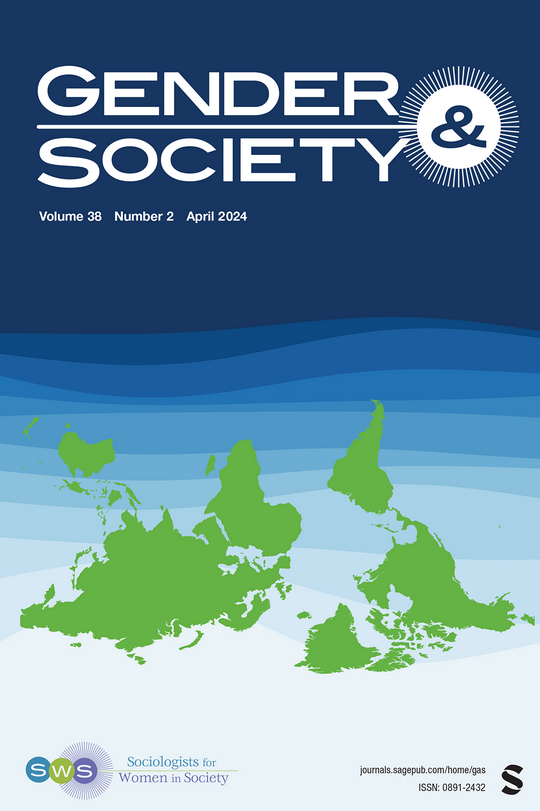性别制度和柬埔寨工会
IF 7.2
1区 社会学
Q1 SOCIOLOGY
引用次数: 0
摘要
在全球范围内,工会一直被批评为高度性别化、男权主义的组织,难以与女性接触并代表女性。在柬埔寨,妇女的行动主义和组织权力之间的差距尤其严重。女工是劳工运动的脸面,然而,尽管工会内部出现了一些朝着更进步的性别政策发展的运动,但她们仍然被排除在工会领导层之外。利用对建筑和服装行业工人和工会领导人的半结构化访谈数据,我说明了性别叙事和控制实践是如何通过在家庭、工作场所和工会中运作的性别制度被动员起来的。我提出了一个分析框架,将这三个相互关联的性别制度结合起来,以引起人们对工会在倡导工人权利的同时将妇女的行动主义非政治化和维持性别不平等方面的矛盾作用的关注。我认为,正是这些政权之间的矛盾关系,使妇女在工会中根深蒂固地处于从属地位,尽管她们在人数上占有优势。本文章由计算机程序翻译,如有差异,请以英文原文为准。
Gender Regimes and Cambodian Labor Unions
Globally, labor unions have been criticized for being highly gendered, patriarchal organizations that struggle to engage with, and represent, women. In Cambodia, the disparity between women’s activism and organizational power is particularly acute. Women workers are the face of the labor movement, yet they remain excluded from union leadership despite some movement toward more progressive gender policies within unions. Using data from semi-structured interviews with workers and union leaders in the construction and garment sectors, I illustrate how gendered narratives and practices of control are mobilized through gender regimes that operate in the household, the workplace, and unions. I propose an analytical framework that incorporates these three interlocking gender regimes to draw attention to the contradictory role of unions in advocating for worker rights while depoliticizing women’s activism and sustaining gender inequity. I argue that it is the contradictory relationship between these regimes that entrenches women’s subordination within unions despite their numerical strength.
求助全文
通过发布文献求助,成功后即可免费获取论文全文。
去求助
来源期刊

Gender & Society
Multiple-
CiteScore
9.70
自引率
3.60%
发文量
78
期刊介绍:
Gender & Society promotes feminist scholarship and the social scientific study of gender. Gender & Society publishes theoretically engaged and methodologically rigorous articles that make original contributions to gender theory. The journal takes a multidisciplinary, intersectional, and global approach to gender analyses.
 求助内容:
求助内容: 应助结果提醒方式:
应助结果提醒方式:


